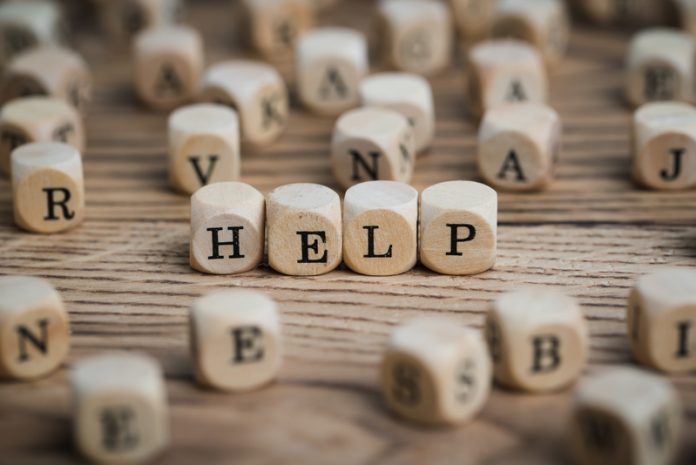Yesterday marked the start of National Suicide Prevention Week in the US and Worldwide Suicide Prevention Day, with charities raising awareness globally
The World Health Organisation (WHO) estimates that 800,000 people die by suicide every year, showing the need for suicide prevention week.
Nonprofit To Write Love on Her Arms (TWLOHA) is highlighting the week-long awareness event with talks at Universities and festivals and the #IWasMadeFor hashtag on social media, encouraging people to take pride in their unique purpose.
TWLOHA has donated over $1.5 million in grants to organisations and counselling services and lists local suicide help lines and professionals.
In the UK, mental health issues are becoming an increasing loud talking point as organisations struggle to cope with growing strain on services.
Many argue that mental health services in the NHS are greatly underfunded, with patients having to be at risk of harming themselves or others physically before receiving immediate care.
The Mental Health Foundation states that suicide is especially prevalent in men, making up 75% of suicide deaths in the UK, and estimates that one in 15 people have attempted suicide at some point in their life.
Patients in the UK also faces a ‘postcode lottery’, with mental health patients in more affluent areas having greater access to mental health professionals.
The American Association of Suicidology (AAS), like TWLOHA, offers fundraising kits and advice on how to host events, as well as social media content to raise awareness.
Warning signs
The AAS also lists potential warning signs of suicidal thoughts through the mnemonic ‘IS PATH WARM’ – ideation, substance abuse, purposelessness, anxiety, trapped, hopelessness, withdrawal, anger, recklessness, and mood changes.
The Mental Health Foundation advises taking care of your own mental health through exercise, good diet, socialising, and opening up about struggles.
In the UK Police Scotland is getting behind the Choose Life campaign for the duration of suicide prevention week, advising people to be alert for signs that a friend or loved one may be thinking of taking their own life.
The main message is that it is important to talk with someone and allow them to open up if you feel they are struggling with suicidal thoughts.
They are also advocating making help more easily available across Scotland, and educating the public on the steps they can take to support those who are suffering and provide guidance for their friends and loved ones.











